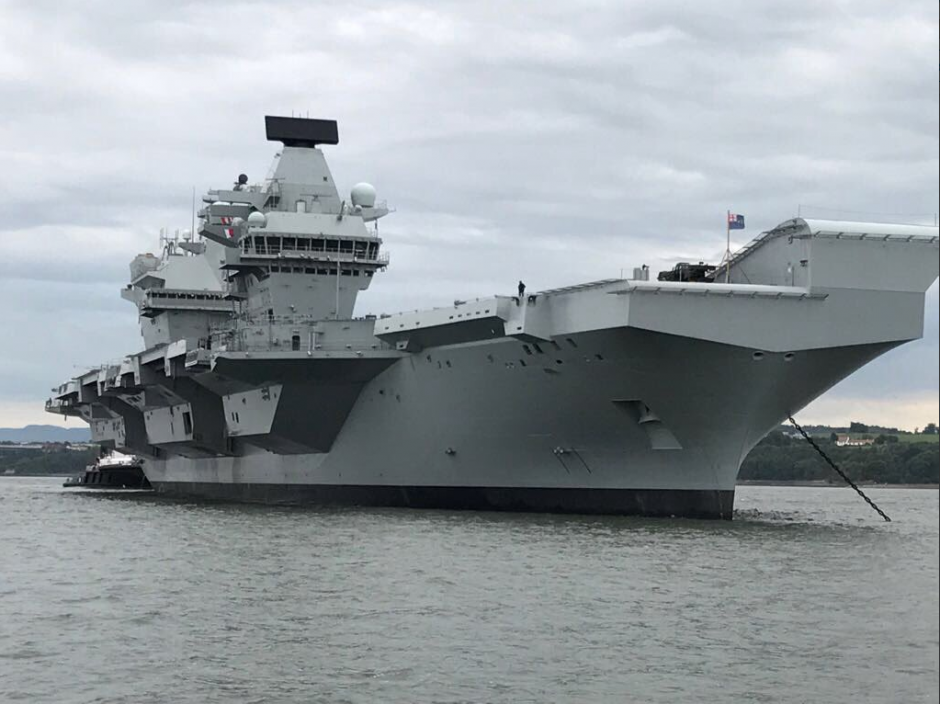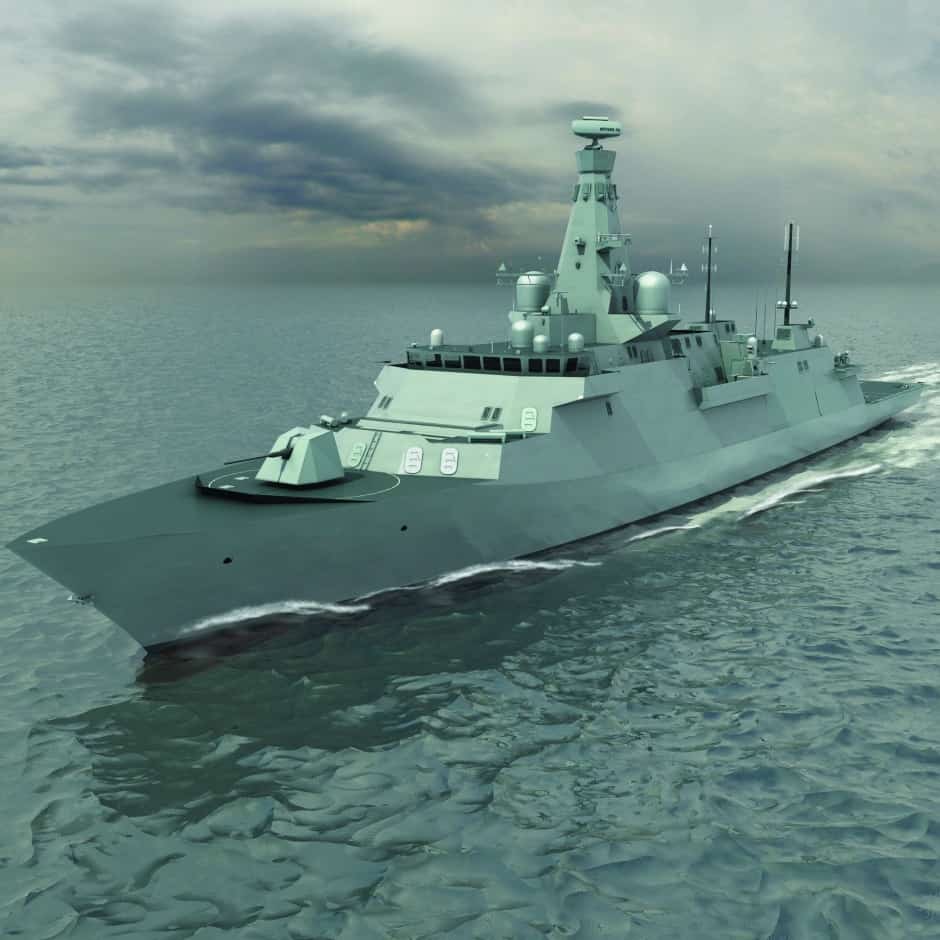 Jason Ford, news editor
Jason Ford, news editor
Success stories from the defence industry can't mask the controversies that surround procurement in the sector
There can be little doubt about the economic vitality of Britain’s defence industry or the practical utility of the armed forces that it serves.
As DSEI rolls into the Excel Centre this week, it’s worth remembering that the defence industry directly employed 142,000 people in 2016, with companies reporting over £23bn in turnover and export orders worth £5.9bn.
According to ADS’ Defence Outlook 2017 over 60 per cent of the defence sector is confident of growth in the next 12 months, with export opportunities an important factor.
The trade organisation reports the security sector on an upward trajectory too, growing by 17 per cent and doubling turnover to £12.2bn in the past five years. In its UK Security Sector Outlook 2017, ADS add that exports account for much of this growth, which are up to £4.3bn this year.
The same report states that almost three quarters of UK companies in the security sector are expecting growth of at least 10 per cent in 2017, driven by domestic and export markets, especially Europe, North America and the Middle East.

As Hurricane Irma hits the west coast of Florida, Britain’s armed forces have been active in assisting relief efforts in UK overseas territories devastated by the seasonal extreme weather events.
Royal Fleet Auxiliary (RFA) Mounts Bay patrols Caribbean waters for six months of the year during the Hurricane season and so far in Anguilla its crew has helped deliver six tonnes of emergency aid, rebuilt and secured the emergency operations centre, restored power to the hospital, and cleared the airport’s runway to a serviceable condition.
Furthermore, nearly 300 UK military personnel equipped with aid supplies departed RAF Brize Norton on September 8, 2017 to provide immediate relief to people who have seen their homes destroyed.
A C17, Voyager and A400M aircraft carried over 200 Royal Marines, plus engineers and specialist personnel from all three services, medical supplies and aid including emergency shelter kits, rations and clean water to Barbados, which will act as the distribution hub for aid.
In its SDSR 2015 Defence Fact Sheet, the MoD points out that at the sharper end of the defence spectrum, the ‘increasing threat posed by terrorism, the resurgence of state-based threats, the impact of technology and the erosion of the rules-based international order are now particular challenges for the UK.’
As such, the government is committed to increasing the defence budget by 0.5 per cent above the rate of inflation, spending £178bn on equipment and equipment support over the next decade, which represents an increase of £12bn over previous spending plans.
Despite the efforts of the defence industry to maintain its skills base – the sector counted 4,300 apprentices in 2016 – and the success stories from its customers, the fact remains that military procurement is often accompanied by the grumblings cynics.
The UK’s QE Class aircraft carriers are a case in point, having been beset with issues surrounding delays, cost, and the very aircraft that will call the two carriers home.
More recently in his National Shipbuilding Strategy, defence secretary Sir Michael Fallon unveiled plans for the first batch of Type 31e frigates for the Royal Navy.
The National Shipbuilding Strategy is a response to the challenge set by Sir John Parker in 2016 whose independent report into British naval shipbuilding proposed recommendations to transform Britain’s maritime industry.

The government report states: For reasons of national security, all Royal Navy warships (destroyers, frigates and aircraft carriers) will continue to have a UK-owned design, and, will be built and integrated in the UK. Warship build will be via competition between UK shipyards.
It adds: ‘All other naval ships [including Royal Fleet Auxiliary vessels] should be subject to open competition (provided that there are no compelling national security reasons to constrain a particular procurement to national providers),’ which invoked the ire of the GMB union, which described the strategy as a ‘missed opportunity’.
The union welcomed the decision to procure five Type 31e frigates, but said shipbuilding is at risk of being permanently damaged if Royal Fleet Auxiliary (RFA) contracts aren’t awarded to UK yards. GMB also criticised what it perceives as government’s lack of commitment to British steel in shipbuilding procurement processes.
Ross Murdoch, GMB national officer and CSEU national chair for shipbuilding said: "Sir John Parker’s shipbuilding review urged the government to better understand the socio-economic benefits of awarding non-warship building work, such as Royal Fleet Auxiliary ships, to UK shipyards.
“By failing to heed those warnings and taking the RFAs to international tender, the government has missed a golden opportunity to deliver sustainable prosperity to UK shipyards, the wider supply chain and the communities they support.
“Particularly at a time when there appears to be little or no progress in the Brexit talks, guaranteeing UK jobs on the RFA work would have given a much needed and immediate boost to the economy. Without the RFAs there would not be enough to sustain design teams and the number of potential apprenticeships - the net result of which will be a race to the bottom."
DSEI exhibitions take place at London’s ExCeL centre between Sept 12-15.


Nanogenerator consumes CO2 to generate electricity
Nice to see my my views being backed up by no less a figure than Sabine Hossenfelder https://youtu.be/QoJzs4fA4fo